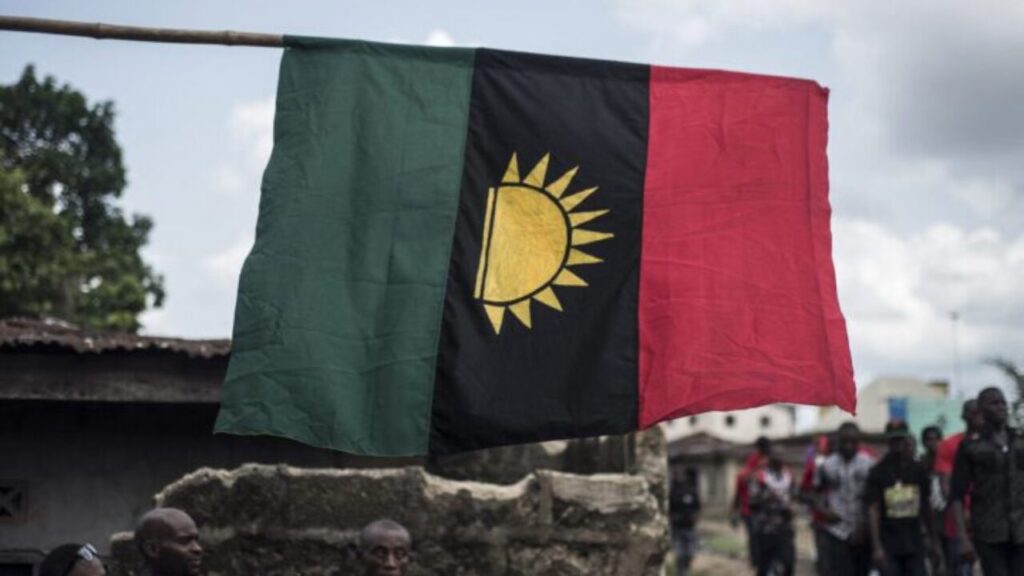From Stanley Uzoaru, Owerri
The Indigenous People of Biafra (IPOB), has declared its proscription as politically-motivated, a move that goes against the grain of Nigeria and international laws.
IPOB spokesperson, Emma Powerful who disclosed this in a statement, lamented that IPOB had endured its illegal proscription for eight years.
Powerful chronicled some of the treatments purported to have been meted to his supporters and leader thus: “On September 14, 2017, Nigerian soldiers under Operation Python Dance II invaded Mazi Nnamdi Kanu’s home in Afaraukwu, killing 28 unarmed people in what was effectively an attempted extrajudicial assassination.
“On September 15, 2017, the South East Governors’ Forum, led by Dave Umahi, illegally banned IPOB activities, not out of law but fear of Kanu’s political influence.
“On September 20, 2017, Attorney General Abubakar Malami obtained an ex-parte proscription order from Justice Abdu Kafarati without presidential approval, violating Section 2(1) of the Terrorism Prevention Act and Section 36 of the Nigerian Constitution.”
He also added: “This sequence of events demonstrates a systemic collapse of rule of law in Nigeria: A legal system so compromised that some celebrated officials cannot distinguish between a ‘proscribed organisation’ and a ‘terrorist group,’ yet they weaponised the law to persecute peaceful citizens.”
He alleged that the proscription of IPOB and trial of Mazi Nnamdi Kanu violate “Section 36 & 40 of Nigeria’s own 1999 Constitution (fair hearing & freedom of association)” and a breach of “Article 20 of the African Charter on Human and Peoples’ Rights, which Nigeria domesticated.”
He also added that both were a “violation of ICCPR Articles 1, 9, and 21, protecting self-determination, liberty, and peaceful assembly.”
He called on “the international community to condemn and reject the illegal proscription of IPOB, which is purely political persecution masquerading as counter terrorism.”
He also urged the international community to “support a peaceful political solution, including the right to self-determination and referendum under the African Charter and ICCPR,” and asking it to “monitor Nigeria’s high courts and Supreme Court proceedings to ensure judicial independence and compliance with the rule of law.”
Powerful reiterated his belief that “IPOB remains a peaceful, lawful, and a resolute self-determination movement,” adding: “We will continue to pursue justice through law and international advocacy, and the world will hear our call until Biafra is free.”


